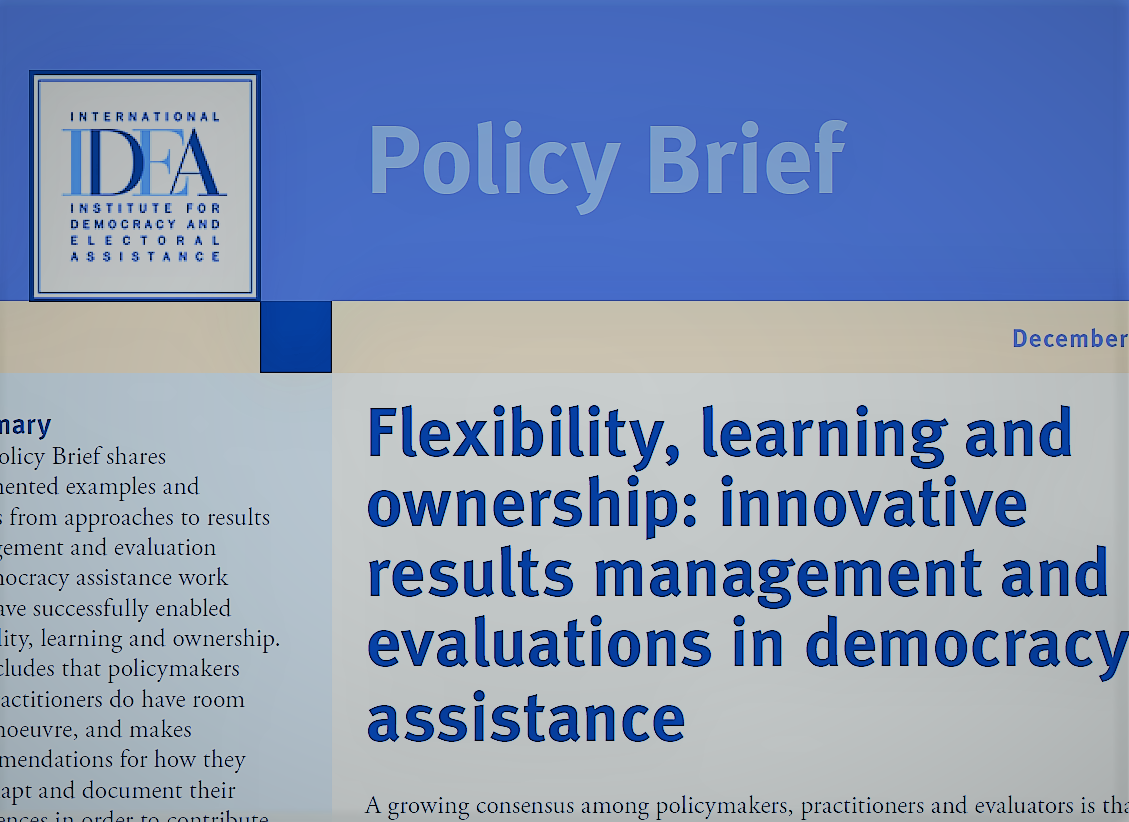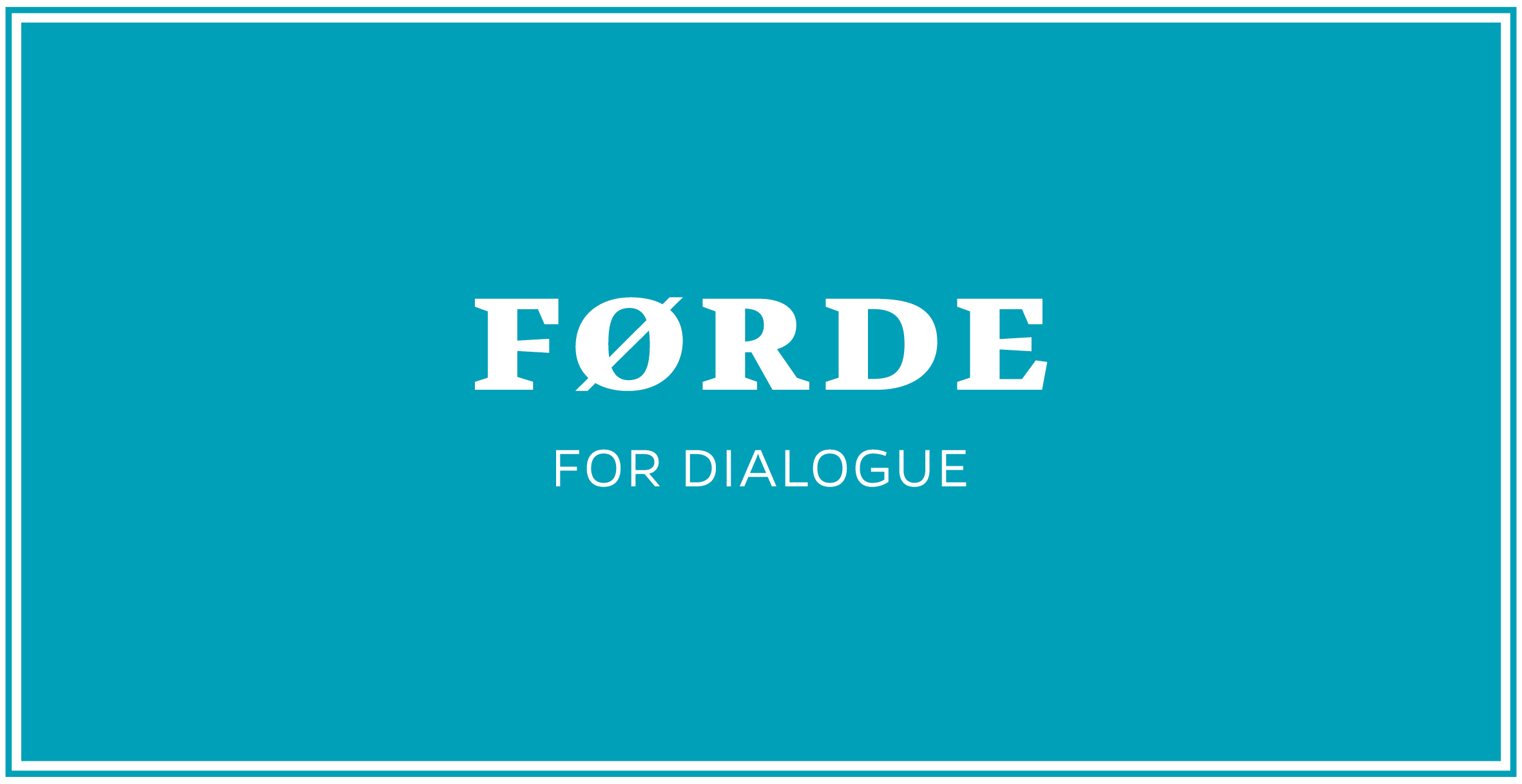
HOW TO MANAGE RESULTS?
Friends and colleagues will know that I have never been a fan of the type of ‘results management regime’ that has been creeping into the development community over the last decades – seemingly becoming stronger and more simplistic the less money there is to manage. The belief in being able to manage, monitor and evaluate progress through creatively invented matrixes is a naive and unrealistic understanding, conceived by people who have forgotten that development is, at the end of the day, first and last about politics and power.
To be clear: This does not mean that I am against planning, monitoring, and evaluating. In fact, I have consistently over the years argued that the smaller the project and the less the money – the more ‘political economy’ thinking you need to do before you get started. You need to understand the environment you will be operating in – and often development partners do not! You need to know the individuals and groups who are the potential spoilers of the changes you intend to support – and often development partners are not aware! You need to accept that you are a small part of a larger system and you have relatively little influence – and often development partners are unwilling to face this! You need to understand that changes cannot necessarily be attributed to your particular efforts – and too often do development partners take credit for efforts that others have initiated. So, definitely, lots of thinking and understanding needs to be done, together with the partners you have decided to support.
An initiative by international IDEA
Some years ago, I participated in a seminar organized by International IDEA in Stockholm, about how in the field of democracy assistance we could manage results in a more innovative manner, recognizing that this field is politically very sensitive, and also that change will normally take a long time to surface in a visible manner. This was followed by another seminar. International IDEA has now finalized two documents that I strongly recommend to all those who are interested in find new and better ways of monitoring and evaluating. There are two documents, a short Policy Brief and a more detailed Discussion Paper.
Policy Brief: IDEA-Flexibility-learning-and-ownership-policy-brief
Discussion Paper: IDEA-Flexibility-learning-and-ownership-discussion-paper-19_0
Message from Helena Bjuremalm
We have the pleasure of sharing the final version of the discussion paper and the policy brief that came out of a workshop series on learning friendly approaches to results management and evaluation of democracy assistance, hosted at International IDEA head office in 2014 – 2016.
As you might know, the Policy Brief shares documented examples and lessons from approaches to results management and evaluation in democracy assistance work that have successfully enabled flexibility, learning and ownership. These emerging illustrative examples of learning and ownership centered results management approaches were shared by the Program for Young Politicians in Africa (PYPA); the National Endowment for Democracy (NED), the National Democratic Institute (NDI); the Swedish Development Cooperation Agency (Sida); Global Partners Governance; and BBC Media Action. The policy brief concludes that policymakers and practitioners do have room to manoeuvre, and makes recommendations for how they can adapt and document their experiences in order to contribute to learning about more democratic approaches to results management and evaluation in the field of democracy assistance.
The policy brief is based on a more in-depth Discussion Paper, which includes an overview of current debates on results management and evaluation designs, more elaborate discussions of the examples included in the Policy Brief, a full list of references, and a comprehensive section on further readings.
Experiences showcased in these papers might or might not fit in a particular context but could, at minimum, serve as food for thought and a source of inspiration: doing results management and evaluations differently in democracy assistance is indeed possible. The values of learning and ownership can be combined with robust reporting and evaluations.
Do feel free to use and refer to the policy brief and the discussion paper as you see fit. Further, you are more than welcome to share the policy brief and discussion paper widely through internal newsletters, blog posts, at meetings and so on. There is also a dedicated LinkedIn group to join (link here). Please do not hesitate to contact us should you have any further questions.
Ms Helena Bjuremalm, Senior Program Manager, Democracy and Development, www.idea.int
